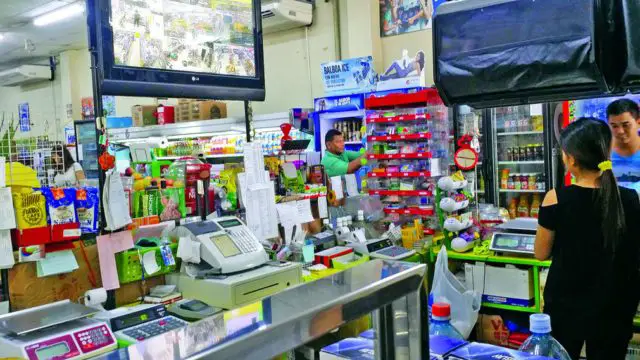Kiosks, pulperías (countertop stores), suppliers, and small independent supermarkets in Costa Rica generate annual sales of US$ 1,729 million. This is one of the conclusions of the 1st Census of the Traditional Channel (commercial establishments) carried out from April to July of the current year, by Fundes -an entity that works with companies in the development of programs to generate efficiency, profitability, and innovation throughout the value chain.

In Costa Rica, there are 9,600 traditional shops that generate about 20,240 jobs. With the census, 9,600 handheld terminals (also known as EPoS -the initials for electronic point of sales) were counted throughout the national territory (50% of them concentrated in Alajuela and San José). That is, for each EPoS in the country there are, on average, 476 inhabitants.
Out of the total number of commercial establishments, 51% are suppliers and mini-suppliers that have a level of traffic and sales (191,000 daily, on average). Followed by 32%, there are the pulperías -with a countertop format- characterized by low traffic and low sales.
Likewise, independent supermarkets represent 14% and have high traffic and high sales, while kiosks account for 3% and, although they also have high traffic, they report low sales.
The 9,600 EPoS generate 20,240 direct jobs
According to the census, the traditional channel entrepreneur has an average of 40 years and has 12 years of working in the local, as well as, the educational level that predominates is high school.

The composition by gender is 58% men and 42% women. With respect to nationality, they are Costa Ricans (77%), followed by Orientals (19%), Nicaraguans (3%), and others (1%).
Mauricio Ramírez, coordinator of Business Intelligence at Fundes for Latin America, explained that they developed the census because they know the impact of neighborhood stores on local economies and their “enormous” potential.
“The large mass consumption companies have the enormous need to make visible the traditional channel, improve their connection and their capacity to implement development and loyalty plans in these EPoS, but they lack sufficient information”, said Mauricio Ramírez, Coordinator of Business Intelligence of Fundes for Latin America.
Another finding of the census is that only 36% of the EPoS process digital means of payment (dataphones). When having the facility, these businesses sell 27% more with respect to the rest of the establishments.
The main challenges for the traditional channel were also revealed; generating more revenue, increasing traffic, operating and financial costs, competition, and insecurity.
After conducting the census, Fundes created 2 solutions based on the data
On one hand, the 1st project is called “Traditional Channel 360” and consists of a database where suppliers can access updated information on SMEs, including the profile of the store and the entrepreneur, the profile of the consumer, the demographic and geographic environment, among others.
On the other hand, the 2nd project is called “Entre Pulperos”, a free technological platform in which public policies, energy saving tips, and commercial data will be shared to better know the products, promotions and the possibility of generating alliances.

